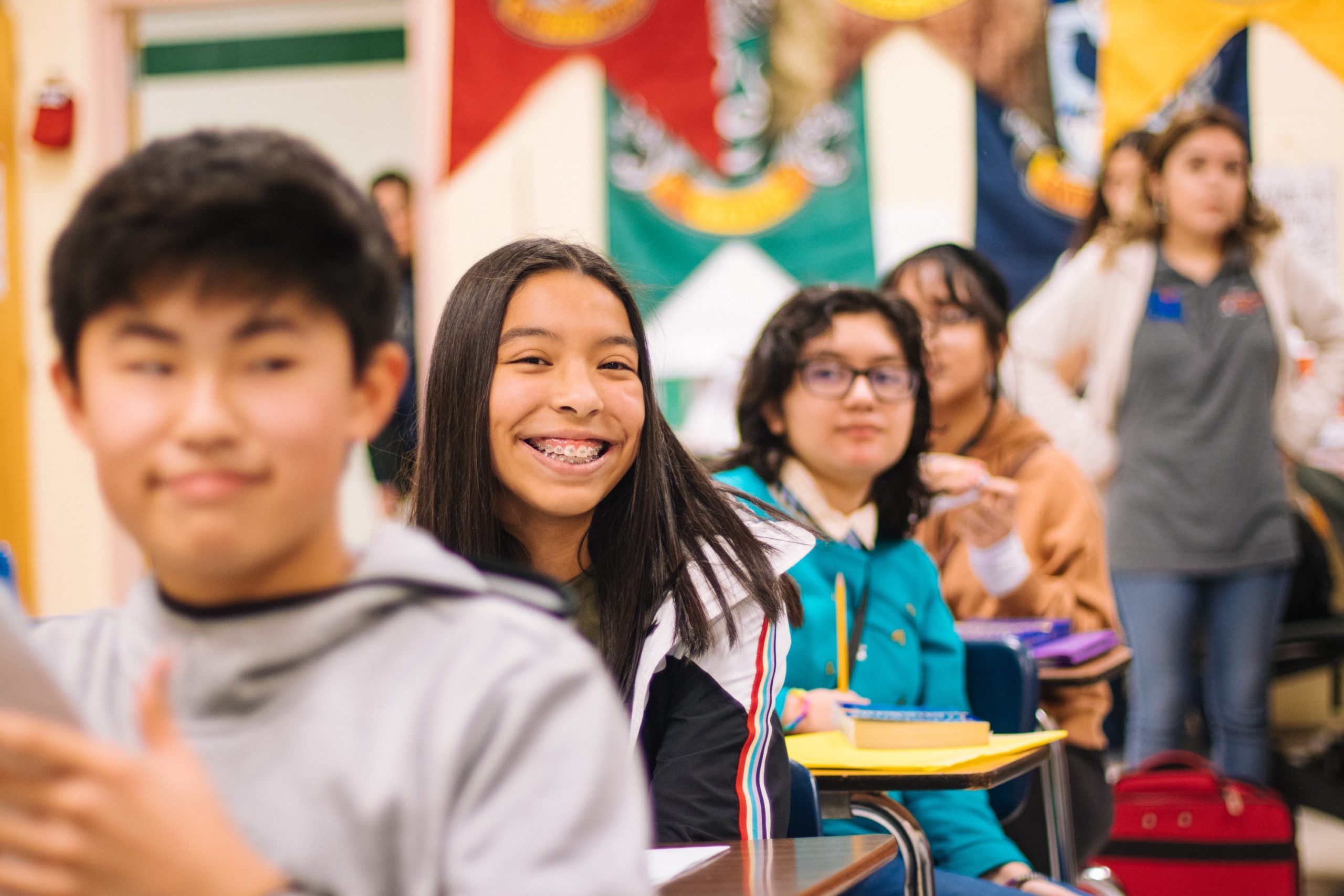Learning disabilities can alter individuals’ cognitive functioning in ways that affect processes related to learning. Individuals with learning disorders may experience problems learning and understanding basic writing, reading comprehension, or math. This type of disability can also interfere with higher-level skills, including abstract reasoning, short-term memory, and emotional skills.
Learning disabilities can affect life beyond academics, influencing an individual’s ability to function and engage in relationships with friends and family members. Mental health professionals use the term ‘specific learning disorder’ (SLD) when diagnosing this type of disability, while the term ‘learning disability’ is typically used in educational and legal settings.

How common are learning disabilities?
Learning disabilities are relatively common. According to the American Psychiatric Association, between 5–15% of young children in the United States experience disabilities related to learning.
Learning-related disabilities tend to occur more frequently in young children who have additional special healthcare needs. According to the National Center for Learning Disabilities, approximately 66% of children with a learning disorder in the U.S. are male. In another study by the American Academy of Pediatrics, researchers found that children with a learning disorder were at higher risk of being diagnosed with related conditions, such as behavioral disorders.
Symptoms of Learning Disabilities
The signs of a learning disorder vary depending on the individual and the specific learning disorder. Individuals with a learning-related disability may experience difficulty in the following areas:
- Reading
- Spelling or vocabulary
- Comprehension
- Writing
- Mathematical calculations or math concepts
- Writing
- Phonemic awareness
While some people face mild difficulties, others experience more severe challenges in these areas. These difficulties may impact a person’s academic skills and influence a child’s ability to function at school and daily.
Types of Learning Disabilities
According to the Learning Disabilities Association of America, common learning disabilities include:
- Dyslexia: Difficulty with reading and language-based processing skills
- Dysgraphia: Difficulty with writing or fine motor skills
- Dyscalculia: Difficulty with math concepts, math facts, or mathematical calculations
- Auditory processing disorder: Difficulty processing sound
- Visual processing disorder: Difficulty processing visual information
- Nonverbal learning disabilities: Difficulty interpreting nonverbal clues, including facial expressions and body language
- Dyspraxia: Difficulty with movement, coordination, language, and speech
- Executive functioning: Difficulty with higher-level skills, including organization and time planning
- Attention-deficit hyperactivity disorder (ADHD): Difficulty staying focused and paying attention
Disabilities related to learning are typically identified in young children. If you have any concerns about your child or their academic performance, reach out to your child’s doctor or school psychologist to arrange an assessment. It’s important to keep in mind that specific learning disabilities are different from intellectual disabilities, and they are not an indication of your child’s intelligence.

Find a Therapist for Learning Disabilities
Get personalized matchesTreatment Options for Learning Disabilities
If left untreated, a learning disorder can affect your child’s academic performance and disrupt your child’s ability to function in daily life. Fortunately, disabilities related to learning are highly treatable with early intervention. Although treatment will depend on the specific learning disability, typical treatment options include:
- Special education services: Special education can help your child navigate learning difficulties and recognize their strengths. Special education services are typically personalized to the individual needs of each child, which are documented in an ‘Individualized Education Plan,’ according to the U.S. Department of Education. Other professionals, such as language therapists, occupational therapists, may also be involved in your child’s treatment.
- Learning accommodations: Under the Disabilities Education Act, schools can provide assessments for young children who may have a learning-related disability. If you’re concerned about your child, reach out to your child’s teacher or school psychologist to explore learning accommodations.
- Parent skills training: Parent skills training helps parents understand their child’s specific needs. In addition to reaching out to your pediatrician, be sure to explore online resources such as the Learning Disabilities Association of America and The Center for Parent Information and Resources.
- Support groups: Support groups are valuable resources for both adults and children with disabilities. The National Alliance on Mental Illness (NAMI) offers a wide range of support groups for individuals and families with mental health conditions.
- Therapy: Both adults and children with disabilities can benefit from treatment. Many people with mental health conditions face stigma and discrimination, especially in academic settings, which can exacerbate mental health issues. Therapy can help individuals with disabilities navigate these issues, find support, and regain strength.
Therapy for Learning Disabilities
Individuals with disabilities face increased risk factors for mental health issues, including depression, anxiety, and stress, according to the Journal of Learning Disabilities. Consequently, therapy is an essential component of treatment for anyone with a learning disorder.
Different therapists utilize different therapeutic approaches to treat the mental health challenges related to disabilities, including cognitive-behavioral therapy (CBT), family therapy, and mindfulness practices. Above all else, it’s essential to find a therapist you feel comfortable with to maximize your treatment’s success.
If you think you or a loved one has a learning disorder, reach out to a licensed psychologist through WithTherapy. We’ll connect you to a mental health specialist you feel comfortable with, regardless of your preferences and requirements. One of the mental health professionals on the WithTherapy platform will help you find support, identify your strengths, and take care of your mental health.
Find a Therapist for Learning Disabilities




